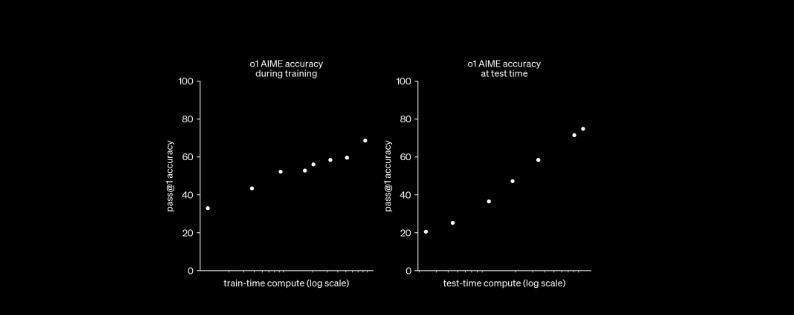
OpenAI o1 Uses Multi-Step Thinking for Complex Problem-Solving
Ellen Smith — March 24, 2025 — Tech
References: openai
OpenAI o1 is an advanced language model designed to handle complex reasoning tasks through reinforcement learning. Unlike traditional AI models that generate responses directly, o1 engages in multi-step internal reasoning before providing an answer.
This structured approach allows it to tackle intricate problems, analyze multiple factors, and generate more thoughtful responses. The model is built to improve decision-making, problem-solving, and contextual understanding across a wide range of applications, from research and coding to strategic business insights. Businesses and developers can leverage o1 for more nuanced AI-driven assistance, reducing errors and enhancing productivity. While it represents a significant step forward in AI reasoning capabilities, practical implementation and reliability in varied real-world scenarios will shape its long-term effectiveness.
Image Credit: OpenAI o1
This structured approach allows it to tackle intricate problems, analyze multiple factors, and generate more thoughtful responses. The model is built to improve decision-making, problem-solving, and contextual understanding across a wide range of applications, from research and coding to strategic business insights. Businesses and developers can leverage o1 for more nuanced AI-driven assistance, reducing errors and enhancing productivity. While it represents a significant step forward in AI reasoning capabilities, practical implementation and reliability in varied real-world scenarios will shape its long-term effectiveness.
Image Credit: OpenAI o1
Trend Themes
1. Multi-step AI Reasoning - AI models like o1 introducing multi-step reasoning invite a paradigm shift from surface-level processing to deep analytical capabilities.
2. Enhanced Decision-making AI - The evolution of AI to actively engage in analytical reasoning transforms decision-making processes across multiple sectors.
3. Contextual AI Problem-solving - AI's growing ability to understand context and execute complex problem-solving strategies augments its usefulness in diverse applications.
Industry Implications
1. AI Development - The need for AI models with superior problem-solving abilities generates a surge in advanced reinforcement learning techniques.
2. Business Analytics - Advanced reasoning capabilities in AI open up new avenues for strategic insights within the business analytics landscape.
3. Software Development - As AI models become more adept at complex reasoning, they serve as innovative tools for streamlining the software development process.
4
Score
Popularity
Activity
Freshness























